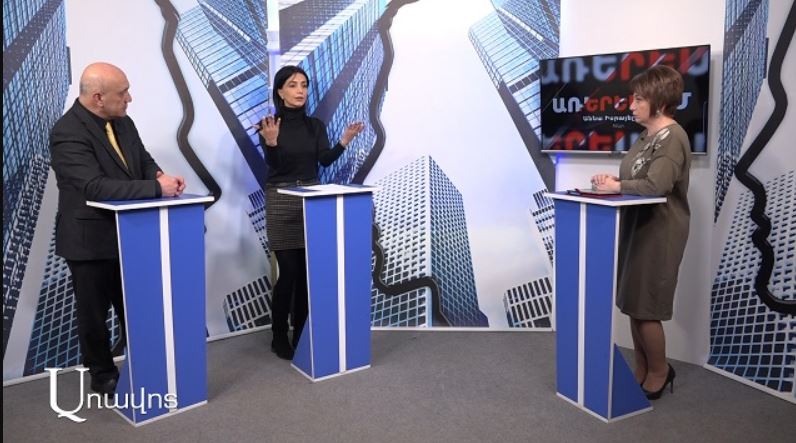The court of Kentron and Nork-Marash administrative districts for the first time made a decision and compelled the mass media to disclose the sources of their information. The matter is about “Hraparak” daily and iLur.am website that published information about how the Shirak police chief, Vardan Nadaryan, at night, has stopped the car of popular wrestler Artur Aleksanyan and hit him for very bright spotlights and has intimidated him and his brother with a gun. As conveyed by “Hraparak,” the court’s decision is against the freedom of the media, and if the source is identified, shortly, the mass media can rely on only “dry” official information. Note that SIS had filed a criminal case with a grave Article with regard to this famous information, and the Attorney General, Gevorg Kostanyan, in his recent press conference, had stated, “under the grave and particularly grave crimes, the journalist may be compelled to inform the source of his information by a court proceeding.” In this regard, Aravot.am asked the Chairman of the Committee to Protect Freedom of Expression, Ashot Melikyan, whether the court’s decision is not a strike to the freedom of the media, and how the media should act in this case. Mr. Melikyan replied, “Of course, making such a judgment is the court’s task, but we, as professionals, consider that it is not the grave crime that the court should have requested to identify the source. I think that there is a trend in this story, and the prosecutor’s office after its famous statement will try to implement these provisions. This is the first precedent, which is very dangerous. I think that this decision should be appealed. Moreover, you need to go to the end.” Mr. Melikyan suggested the journalistic community to focus its attention on this issue, and express intolerance towards these actions. “This is a good opportunity for the journalistic community to unite and understand that any media or a journalist may face similar fact.” To our question of how the mass media should be compelled to disclose the source of information, whether the editors should be put to torture to tell, Ashot Melikyan replied, “The editor, of course, will not be subject to torture. The law says that in case of disclosure of grave and particularly grave crimes, the court may compel. At the court session, the judge requires to identify the source. Of course, the journalist may request a closed hearing for this case and may refuse identifying. If the journalist does not identify, then he takes on the entire responsibility and bears his punishment prescribed by the law.” We clarified whether the matter is about the fines and penalties, Ashot Melikyan replied, “I think that this will not be the case, but it is prescribed by the law.”
Hripsime JEBEJYAN


























































